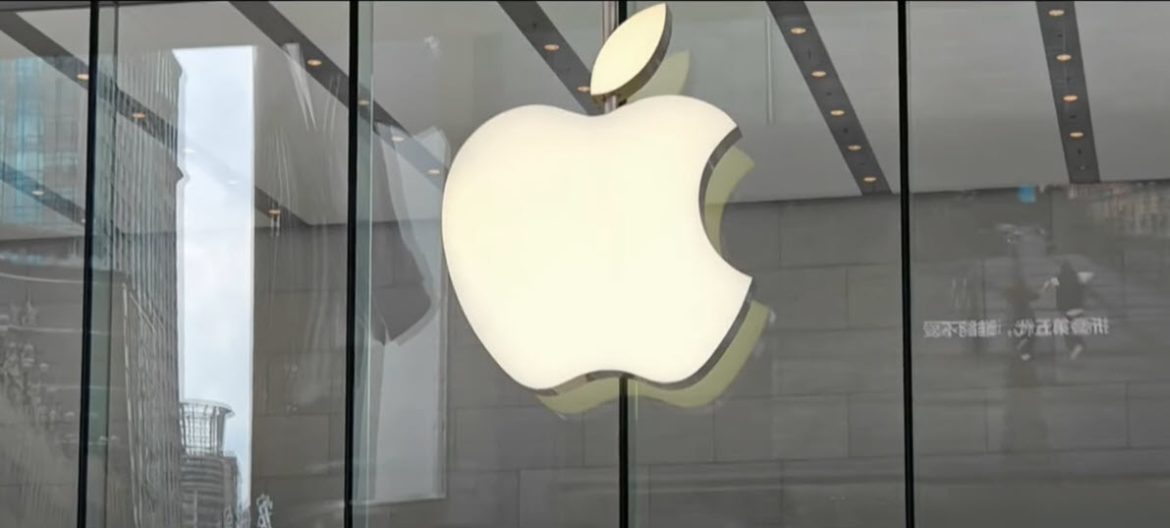European regulators have imposed a substantial fine on tech giant Apple for alleged antitrust violations related to its music streaming service. The fine, which comes from the European Union (EU), underscores growing concerns about competition within the tech industry and aims to address potential anti-competitive practices. This article explores the details surrounding the Apple EU fine, the implications for the company, and the broader implications for the digital music streaming market.
Apple has long been a dominant player in the technology and entertainment sectors, with its music streaming service, Apple Music, being a major part of its ecosystem. However, the EU has been closely scrutinizing the company’s practices, specifically focusing on its treatment of competitors and whether it gives its own services preferential treatment.
European regulators have accused Apple of engaging in anti-competitive behavior by favoring its own music streaming service over competitors on its App Store. The crux of the issue revolves around Apple’s control of the App Store, where it allegedly places restrictions on rival music streaming apps that are not applicable to Apple Music. This has raised concerns about fair competition and market access for other players in the digital music streaming industry.
The EU’s decision to levy a substantial fine against Apple has significant implications for the company. Apart from the financial impact, Apple may be required to make changes to its business practices to comply with EU competition laws. Additionally, this case could set a precedent for future antitrust actions against tech giants, prompting other regulators worldwide to scrutinize similar practices within the industry.
The European regulators’ move against Apple reflects a broader trend of increased scrutiny on the tech industry’s market dominance. As digital services become more integral to daily life, concerns about fair competition, consumer choice, and innovation have led regulatory bodies to take a closer look at major players like Apple. The outcome of this case could influence the competitive landscape of the digital music streaming market, potentially opening up more opportunities for smaller players.
Apple, unsurprisingly, has contested the allegations, arguing that it operates within legal boundaries and promotes a fair marketplace. The company may choose to appeal the fine, setting the stage for a protracted legal battle. The outcome of this legal challenge will be closely watched, as it could shape the future of Apple’s business practices and influence how other tech companies navigate competition regulations.
The Apple EU fine for antitrust violations related to its music streaming service is a significant development in the ongoing global conversation about the regulation of tech giants. As the digital landscape evolves, regulatory bodies are becoming more proactive in ensuring fair competition and preventing monopolistic practices. The outcome of this case will likely have ripple effects, influencing how other companies are regulated and how they conduct business in the digital age.



